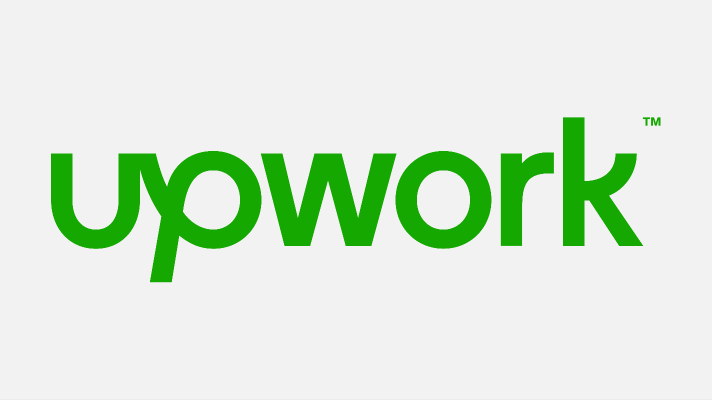Facebook has revolutionized how businesses interact with their customers through its Business Pages feature. While it offers convenience and efficiency, there is a growing concern regarding a specific aspect of this feature—automatic ad messages. These automated messages allow businesses to send promotional content directly to users’ inboxes without their explicit consent.
While Automatic Ad Messages can be a valuable tool for businesses, they also raise some privacy concerns. For example, businesses can use Automatic Ad Messages to send messages to people who have never explicitly given their consent to receive messages from the business. Additionally, businesses can use Automatic Ad Messages to collect data about people who have never interacted with their page, such as their name, email address, and interests.
In 2019, Facebook updated its privacy policy to give users more control over Automatic Ad Messages. Under the new policy, users can choose to opt out of receiving Automatic Ad Messages from businesses. Additionally, businesses can only send Automatic Ad Messages to people who have interacted with their page in the past 180 days.

This blog aims to explore the implications of Facebook’s automatic ad messages, discussing their impact on user privacy, potential invasiveness, and the need for increased transparency.
The Mechanics of Automatic Ad Messages
Automatic ad messages on Facebook Business Pages enable businesses to initiate conversations with users through Messenger. Businesses can trigger automated responses that contain promotional content by leveraging user engagement, such as liking a post or commenting. While this may seem like a convenient marketing tool, it raises concerns about privacy intrusion and user consent.
Privacy Implications
The use of automatic ad messages raises significant privacy concerns. Users might not expect or desire to receive unsolicited promotional messages in their private Messenger inboxes. These messages bypass the usual opt-in mechanisms, potentially violating users’ privacy expectations and disrupting their online experiences. Furthermore, these automated messages rely on user interactions, which can lead to unintended exposure of personal preferences and behavior patterns.
Invasion of User Privacy
Automatic ad messages can be perceived as an invasion of user privacy. The unsolicited nature of these messages, combined with the targeted advertising algorithms Facebook employs, raises questions about the extent of intrusion into users’ personal lives. The ability to initiate direct conversations without explicit user consent blurs the boundaries between advertising and private communication, potentially eroding the trust between users and businesses.
Striking the Right Balance
While businesses can benefit from the convenience of automatic ad messages, balancing marketing goals and user privacy is crucial. Transparency and user consent must be prioritized to ensure users can control their inboxes and choose which businesses they wish to engage with. Implementing clear opt-in mechanisms, where users have the choice to receive promotional messages, is essential for maintaining user trust and privacy.
The Importance of Transparency
Transparency plays a vital role in mitigating privacy concerns surrounding automatic ad messages. Facebook should clearly communicate to users that engaging with a Business Page may result in receiving promotional messages. Businesses, too, should disclose their intentions and provide a simple way for users to opt out if they do not wish to receive such messages. Transparent communication fosters trust and empowers users to make informed decisions about their privacy.
User Control and Consent
Respecting user control and consent is paramount. Facebook should provide users with granular control over the types of messages they receive, including the ability to opt in or opt-out of promotional messages from specific businesses. By allowing users to customize their preferences, Facebook can better align with user expectations and respect their privacy boundaries.
Balancing Business Objectives and User Privacy
Businesses must strike a delicate balance between achieving their marketing objectives and respecting user privacy. While automatic ad messages can be valuable, businesses should prioritize delivering relevant content to users who have explicitly expressed interest or consented to receive promotional messages. This approach respects user privacy while still allowing businesses to engage with interested customers effectively.
How to Protect Yourselves from Facebook Ads
Here are some tips for protecting your privacy when using Facebook Business Pages Automatic Ad Messages:
- Opt out of receiving Automatic Ad Messages from businesses. You can do this by going to your Facebook settings and clicking “Ads.” Under “Ad Settings,” you will see a section called “Automatic Messages.” Click on “Edit” and then uncheck the box next to “Allow businesses to send me messages.” However, this setting is mostly unavailable for a lot of users.
- Be careful about what information you share on Facebook. The more information you share, the more data businesses have about you.
- Use privacy settings to control who can see your information. You can choose to make your information public, only visible to friends, or only visible to yourself.
- Use ad blockers. Ad blockers can help to prevent Facebook from tracking you and showing you ads.
- Delete your Facebook account. This is the most effective way to protect your privacy from Facebook.
Final Thoughts
Automatic ad messages on Facebook Business Pages have sparked concerns about user privacy and the potential invasion of personal space. Striking the right balance between business objectives and user privacy is crucial. Transparent communication, user control, and consent mechanisms are essential for preserving user trust and ensuring that promotional messages align with user expectations. By addressing these concerns, Facebook can create a more privacy-conscious advertising environment that respects the boundaries of users’ online experiences. Facebook’s aggressive advertising is a serious threat to our privacy. The company is collecting vast data about us and using that data to target us with ads. We need to take steps to protect our privacy from Facebook’s aggressive advertising practices.


